Traditional Chinese Medicine (TCM) believes that the kidneys are the root of the five organs and the source of human regeneration.
The kidneys contain both congenital true yin and true yang. Among them, kidney yang governs the yang of the entire body, serving as the driving force of life activities and the foundation of human life.
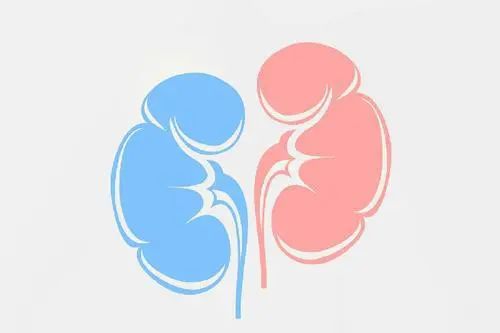
Chen Xiuyuan in “Medical Consensus on Consumption” states: “The yang in the kidneys is based on congenital factors.”
Therefore, when kidney yang is sufficient, the yang of the whole body is also sufficient, leading to strong vitality; when kidney yang declines, the yang of the whole body also declines, resulting in weakened vitality; when kidney yang is lost, the yang of the whole body is lost, and life ceases to exist.
The “Treatise on Febrile Diseases” points out that the pathogenesis of diseases related to kidney yang deficiency is due to cold in the lower jiao, which cannot regulate the metabolism of water and fluids, with the disease located in the lower jiao and characterized as a deficiency-cold syndrome.
Effects of Kidney Yang Deficiency on Organs
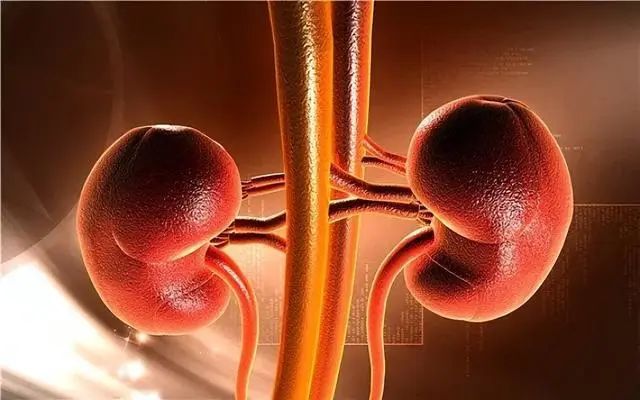
-
When kidney yang is deficient, the yang qi in the body loses its control, which can lead to insufficient heart yang, resulting in the heart being poorly nourished;
-
The kidneys are the source of congenital vitality, while the spleen is the source of acquired vitality; these two complement each other. When kidney yang is deficient, spleen yang deficiency may also occur. The spleen governs the central distribution of fluids to the surrounding organs, leading to multiple concurrent symptoms;
-
When kidney yang is insufficient, the liver’s ability to transport and transform is weakened. The liver, being a solid organ, prefers to be unobstructed, and its weakened function can lead to liver stagnation;
-
The lungs and kidneys are respectively the upper and lower sources of water, mutually supporting and restraining each other; therefore, insufficient kidney yang may lead to lung deficiency.
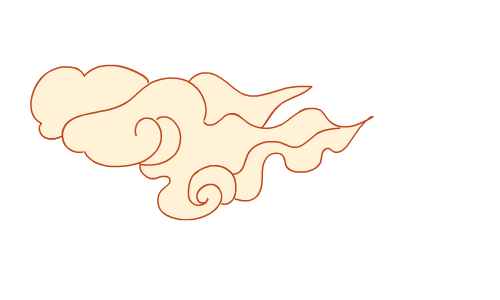 Symptoms of Kidney Yang Deficiency
Symptoms of Kidney Yang Deficiency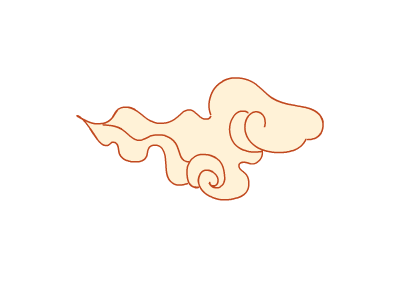

-
The kidneys govern the bones and produce marrow; when kidney yang is insufficient, symptoms such as soreness and weakness in the lower back and knees, as well as cold pain, may occur;
-
Men may experience impotence and premature ejaculation, while women may suffer from cold in the uterus and infertility;
-
Frequent diarrhea, indigestion, and early morning diarrhea (diarrhea before sunrise);
-
Clear and prolonged urination, frequent night urination;
-
Disruption of water metabolism, leading to edema;
-
Dark and dull complexion, lacking luster;
-
Yang deficiency cannot warm the skin, leading to cold intolerance and cold limbs, especially in the lower extremities;
-
Dizziness and mental fatigue are signs of insufficient yang qi, leading to a lack of spirit;
-
A pale, swollen tongue with a white coating and a weak, slow pulse are all signs of yang deficiency.
Warm and Tonifying Kidney Yang Recipes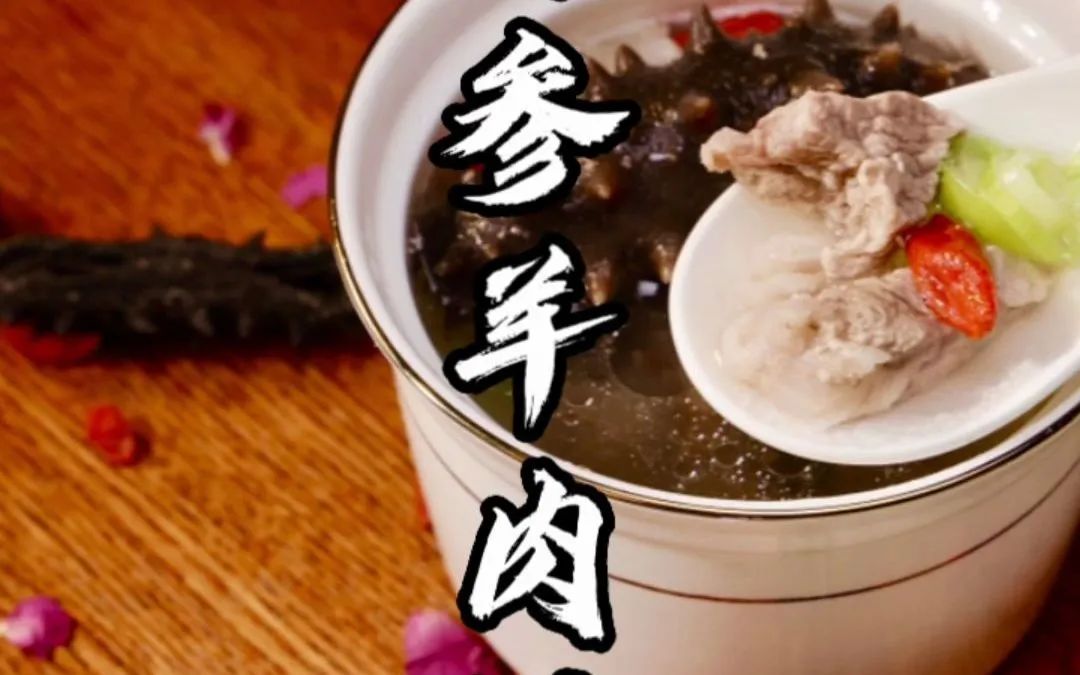
Lamb Stew with Sea Cucumber
Lamb has the effect of warming the kidneys and tonifying yang, being rich in protein, crude fat, carbohydrates, amino acids, calcium, phosphorus, iron, iodine, vitamins, and other nutrients, with almost zero cholesterol content.
Sea cucumber, with its tender and elastic texture, is delicious and can tonify the kidneys, strengthen yang, and nourish qi and yin, making it suitable for those with deficiency of essence and blood, as well as yin deficiency with constipation.
The method of making lamb and sea cucumber soup is simple and the taste is delicious, making it very suitable for consumption as a nourishing dish.

Source:
Master’s thesis by Li Xiujun from Liaoning University of Traditional Chinese Medicine titled “Exploring the Theoretical Origins of Kidney Yang Deficiency Based on Ancient TCM Texts”;
Popular Science China official website, issue dated December 31, 2021;
Images sourced from the internet.
If there is any infringement, please contact for removal.
Contact number: 0412-6566665



